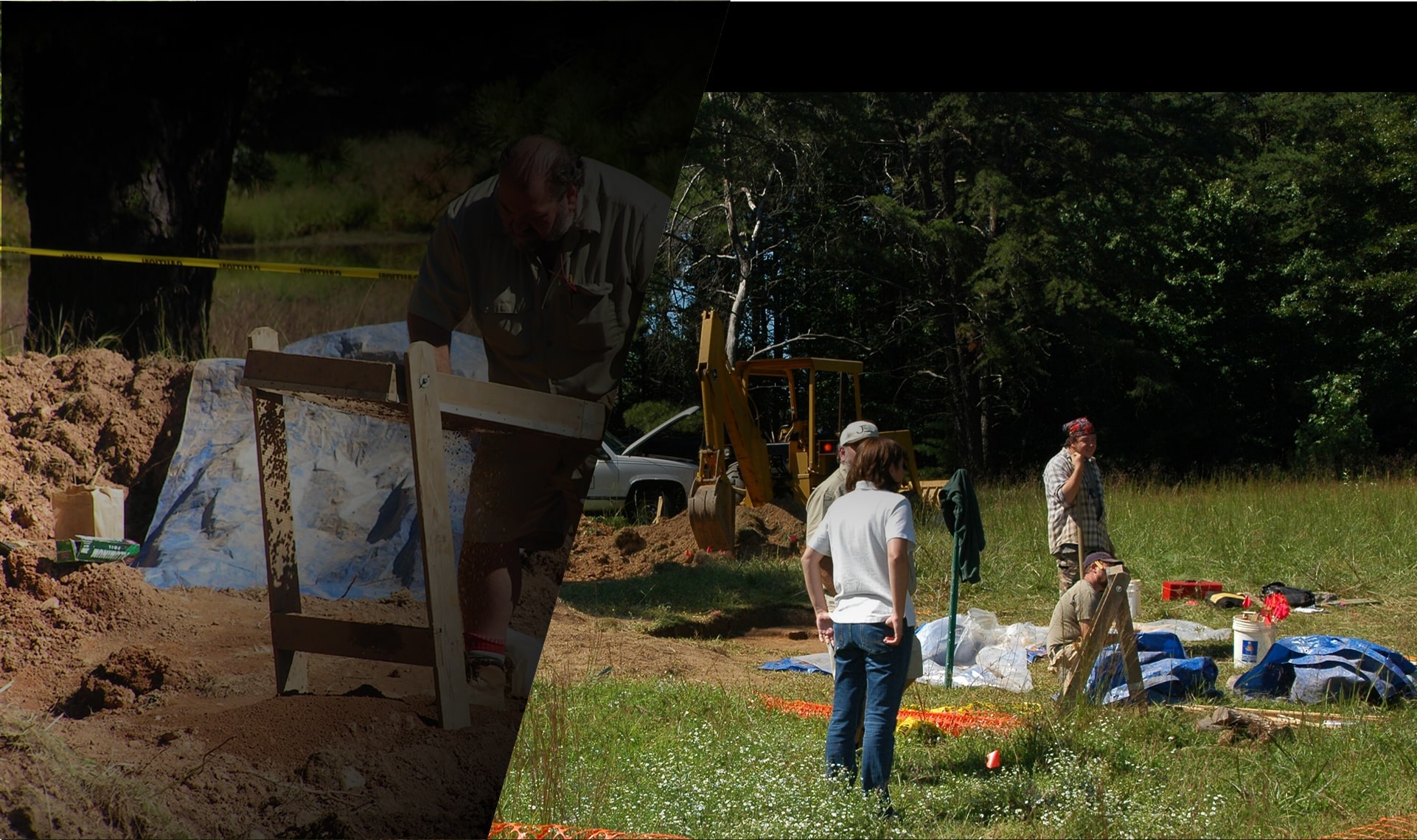Blog Information
- Posted By : bluestone research
- Posted On : Mar 06, 2024
- Views : 41
- Category : General
- Description : A qualified specialist in archaeological research, excavation, and cultural heritage management in the Canadian province of Ontario is known as an Ontario Professional Archaeologist. These experts follow stringent ethical guidelines established by regulatory organisations and possess specialised training. In accordance with provincial laws, OPAs carry out surveys, excavations, and evaluations to locate and conserve archaeological sites and artefacts. They guarantee that cultural historical materials are preserved during development projects by offering knowledgeable guidance to businesses, governmental organisations, and Indigenous people. Ontario Professional Archaeologists are essential to preserving the rich archaeological legacy of the province for future generations because of their knowledge and commitment to the field.
Overview
An early evaluation of possible cultural heritage resources in a defined area or project site is provided by a Cultural Heritage Screening Report. In order to identify any notable cultural heritage places or artefacts that may be impacted, this report is frequently undertaken as part of the planning process for development projects. The report evaluates the likelihood of discovering cultural heritage materials using a combination of desk research, site visits, and stakeholder feedback. It also makes recommendations for further study or, if necessary, mitigating steps.
An interdisciplinary method for locating, evaluating, and protecting cultural heritage resources is known as cultural resource management. Archaeological sites, historic structures, customary cultural landscapes, and other material and immaterial objects of cultural importance are examples of these resources. To ensure the appropriate stewardship of cultural resources, CRM specialists work across a variety of professions, such as environmental science, architecture, history, anthropology, and archaeology.

Maintaining cultural heritage while balancing the demands of development initiatives is the main objective of CRM. To identify cultural resources and lessen any negative consequences that development may have on them, this entails performing surveys, assessments, and impact evaluations. To guarantee that cultural values and viewpoints are taken into account during the decision-making process, CRM also entails community participation and stakeholder collaboration.
CRM promotes a deeper understanding and appreciation of our shared human history and identity by integrating planning, research, and regulatory compliance. This helps to preserve cultural heritage for both the present and future generations.
Managing Cultural Resources Within the discipline of cultural resource management archaeology is a specialist area that focuses on the preservation and analysis of archaeological sites and artefacts. CRM In accordance with legal specifications and project needs, archaeologists identify, evaluate, and safeguard archaeological treasures.

In order to ascertain the importance of archaeological sites and examine any effects from development initiatives, this entails performing surveys, excavations, and evaluations. In order to make sure that local viewpoints and values are taken into account during the decision-making process, CRM Archaeology also places a strong emphasis on community engagement and collaboration. CRM Archaeology is essential to maintaining our common cultural legacy for future generations and advancing our understanding of historical human cultures and their interactions with the environment because it combines archaeological study with resource management techniques.
An organised appraisal of a place, structure, or artefact's cultural, historical, and social value is known as a heritage assessment. Researching and recording both the material and immaterial facets of heritage—such as historical occurrences, architectural elements, and local customs—are key components of this process. These evaluations assist in informing decision-making processes about land-use planning, development, and conservation by determining the significance and worth of legacy resources, such as historic sites or cultural landscapes. A greater understanding of the cultural diversity and depth of our shared past is promoted by heritage assessments, which assist in identifying and protecting priceless cultural treasures.
A qualified specialist in archaeological research, excavation, and cultural heritage management in the Canadian province of Ontario is known as an Ontario Professional Archaeologist. These experts follow stringent ethical guidelines established by regulatory organisations and possess specialised training. In accordance with provincial laws, OPAs carry out surveys, excavations, and evaluations to locate and conserve archaeological sites and artefacts. They guarantee that cultural historical materials are preserved during development projects by offering knowledgeable guidance to businesses, governmental organisations, and Indigenous people. Ontario Professional Archaeologists are essential to preserving the rich archaeological legacy of the province for future generations because of their knowledge and commitment to the field.
